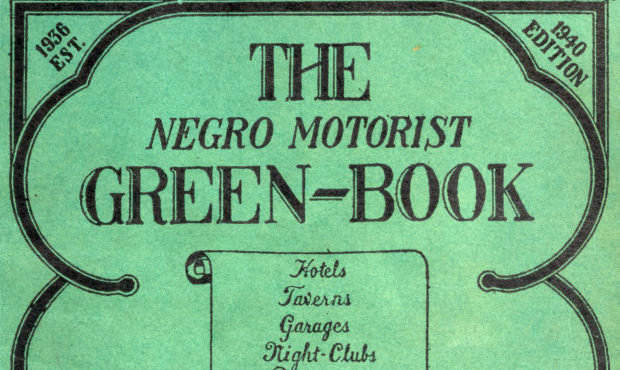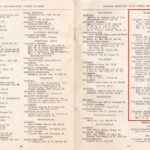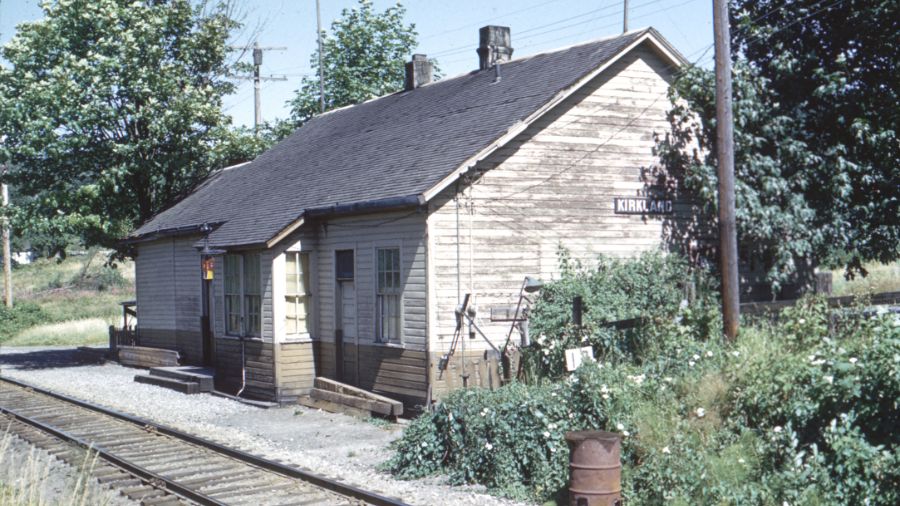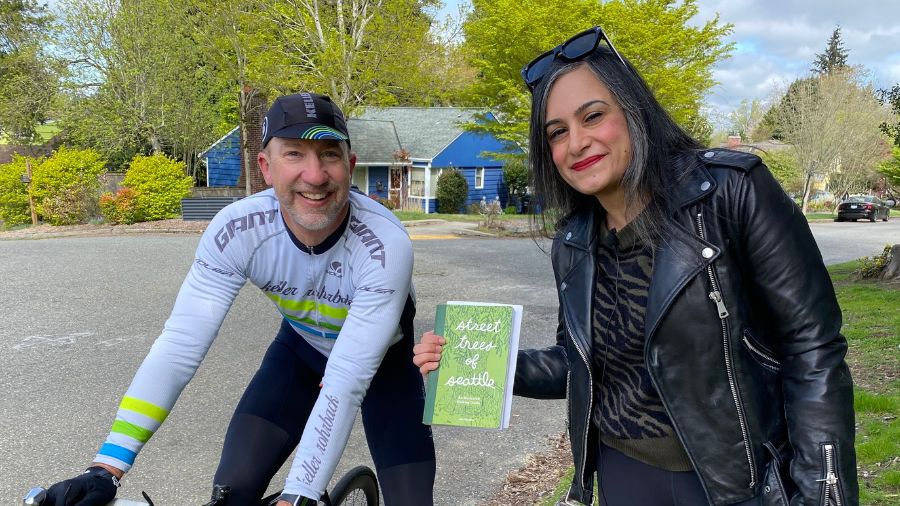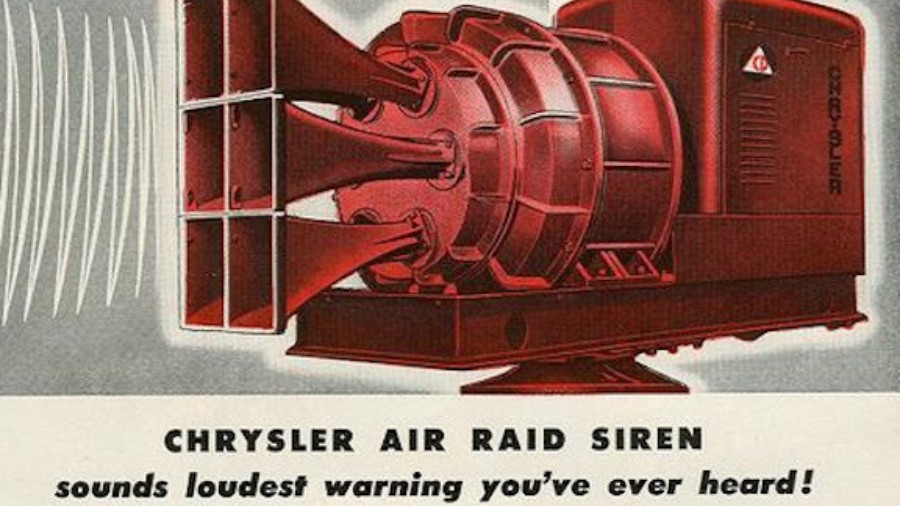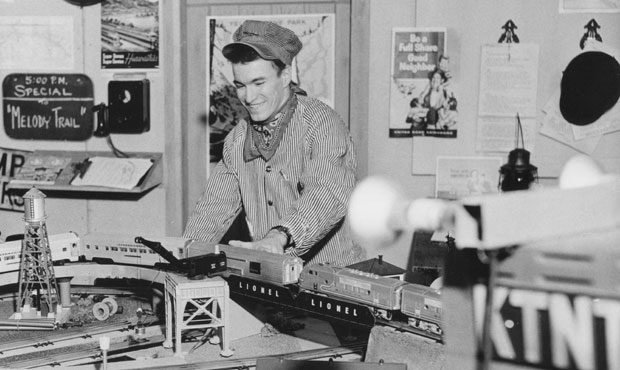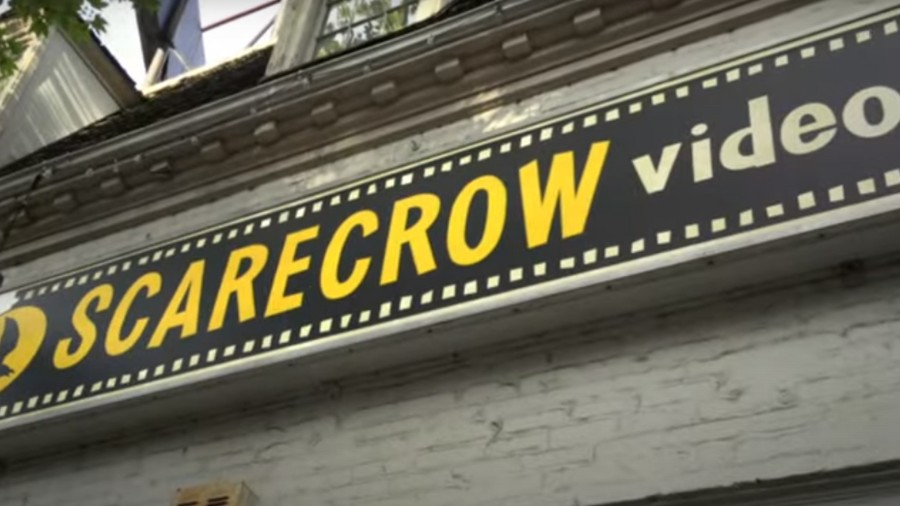All Over The Map: ‘Green Book’ guided Black motorists to friendly businesses in the Evergreen State
Jul 16, 2021, 6:17 AM | Updated: 8:34 am
A local heritage group is exploring the hidden history and impacts of the “Green Book” – the mid-20th century travel guide for Black motorists – here in the Evergreen State.
You might remember a movie a few years ago (that won the Oscar for Best Picture) called Green Book. The film told the story of a Black musician being driven from New York City to, through, and from the Jim Crow South of the 1960s.
The title of the movie comes from the actual Green Book and its publisher, a full-time postal worker who lived in Harlem named Victor H. Green. It was first issued in 1936, and was published annually for about 30 years.
The Green Book – full title: “The Negro Motorist Green Book” – was meant for Black drivers on road trips, and it ultimately grew to become a state-by-state guide that was marketed nationwide. Listed in its pages are restaurants, hotels, night clubs, service stations, barber shops, beauty parlors and rooming houses – called “tourist homes,” which were just private homes that welcomed guests – that served Black customers at a time when other businesses might turn away Black people. Or worse.
In the opening pages of the 1940 edition, a testimonial from a satisfied user might stir memories for anyone of any race who remembers when pre-smartphone vacation navigation included cumbersome maps and comb-bound custom “Trip-tiks” prepared by the American Automobile Association (AAA).
“We earnestly believe ‘The Negro Motorist Green Book’ will mean as much if not more to us as the AAA means to the white race,” that satisfied user wrote in a letter to publisher Victor Green.
The local group doing research on the Green Book in the Evergreen State is the Black Heritage Society of Washington (BHS). BHS President Stephanie Johnson-Toliver told KIRO Radio that Black-friendly establishments in Washington first appeared in the 1939 edition of the Green Book, with just one hotel listed on Jackson Street – which was the main street of Seattle’s Black community from the 1920s to the 1970s.
By the early 1940s, the Green Book listed numerous businesses in Yakima, Everett, Tacoma and Seattle — including Smith’s Restaurant, which served “Southern cooked dinners” in a private residence that, incredibly, still stands in Seattle at Madison Street and 22nd Avenue.
BHS volunteers are exploring the hidden history of the publication in Washington in preparation for a Smithsonian exhibit – The Negro Motorist Green Book — which will be coming next March to the Washington State History Museum in Tacoma. Johnson-Toliver says that BHS is partnering with the museum on some to-be-determined local programs, and BHS is looking into the history behind the businesses and tourist homes listed in places like Seattle, Yakima, Everett and Tacoma.
Examining the Washington pages from various editions of the Green Book calls to mind all kinds of questions that Johnson-Toliver and her colleagues will be looking into in the months ahead. Did the owners and operators of the Black-friendly businesses in the Green Book know that they were listed? And, just how much overt Jim Crow-style racism took place in Washington in those years? That is, how necessary was the Green Book in the Evergreen State – a place, like much of the West, says Johnson-Toliver, where racism and discrimination at the retail level was a reality, but which was oftentimes more subtle in its application?
Regardless of the answers to these and other important questions, you can’t help but admire publisher Victor Green for seeing a niche, and for then creating a practical workaround for an ugly reality – which wasn’t about to change anytime soon in the 1930s and 1940s, or even in the 1950s and 1960s.
If you can’t wait until March to learn more about the Green Book, the preservation and advocacy group Historic Seattle is presenting a virtual program this coming Tuesday, July 20, at 5:30 p.m. with Candacy Taylor. Taylor is author of a best-selling book published last year called Overground Railroad: The Green Book and the Roots of Black Travel in America, and she was also involved in creating the Smithsonian exhibit.
The conversation will be moderated by Stephanie Johnson-Toliver and Jackie Peterson. It’s free, but you do need to register in advance to get the Zoom link.
You can hear Feliks every Wednesday and Friday morning on Seattle’s Morning News, read more from him here, and subscribe to The Resident Historian Podcast here. If you have a story idea, please email Feliks here.

